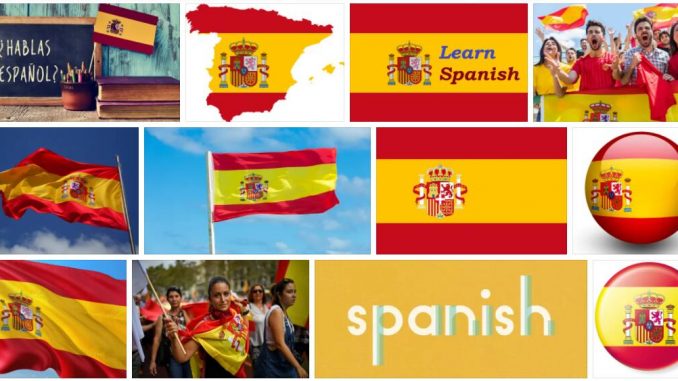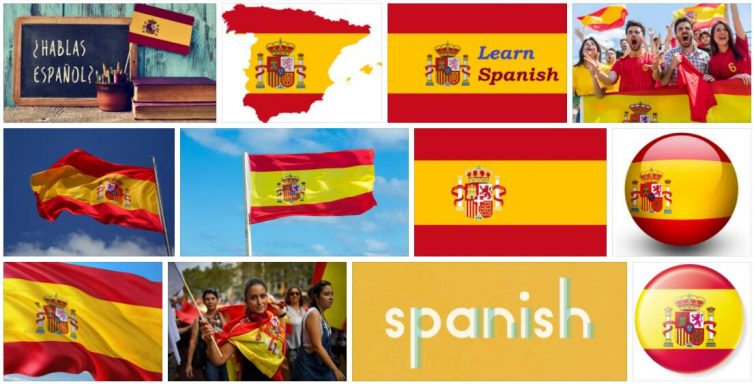
From the Latin castellānus, the concept of Castilian refers to the native of Castile and to that belonging to or relating to this region of Spain. On the other hand, the word Castilian is used as a synonym for the Spanish language, especially to mark a distinction between the other languages that are also spoken in the Spanish territory.
In this sense, Spanish is a Romance language of the Iberian group. It is one of the six official languages of the United Nations (UN) and the second most widely spoken language in the world according to the number of speakers who have it as their mother tongue. On the other hand, Spanish is the second most studied language in the world, behind English.
This language is a modern continuation of spoken Latin (known as Vulgar Latin), which began to develop after the disintegration of the Roman Empire. Thanks to its spread throughout America, Spanish is the neo-Latin language that has reached the greatest diffusion.
Such is the growth that this language that now occupies us has experienced throughout history that today it has become the second most spoken language in the world, after Mandarin Chinese, based on the number of people on the planet who use it have as their mother tongue. Specifically, the figures being considered determine that there are 420 million Spanish-speaking people.
Likewise, we cannot forget, among some curious data, that it is one of the six official languages of the UN (United Nations Organization) and also that it is the third most used language on the Internet.
The majority of Spanish speakers are found in Spanish America. Of the countries with a Spanish-speaking majority, only Spain and Equatorial Guinea are outside the Americas.
In the United States, the increase in the Latino population has generated a great advance in this language. Even in some regions like Miami, Spanish is spoken as much as English. According to the Cervantes Institute, the number of Spanish students in the United States grew by 70% between 1986 and 1990, given the importance that the language began to acquire in the Western world.
In addition to all the above, we have to determine that there are other meanings for the term Castilian. Thus, it also refers to both the lord who owns a castle and the governor of said fortress.
In this area we have to emphasize, in the same way, that the knight was also known by Castilian who in the Middle Ages had weapons and two mounts that served him to work for a lord or king during battles. Together with him and the rest of his vassals he fought in them and in the end what he obtained as a reward were lands that allowed him to increase his fortune and have a good position.
A time that we have referred to during which there was also a gold coin that was called Castilian and that was typical of the area of Castile.
